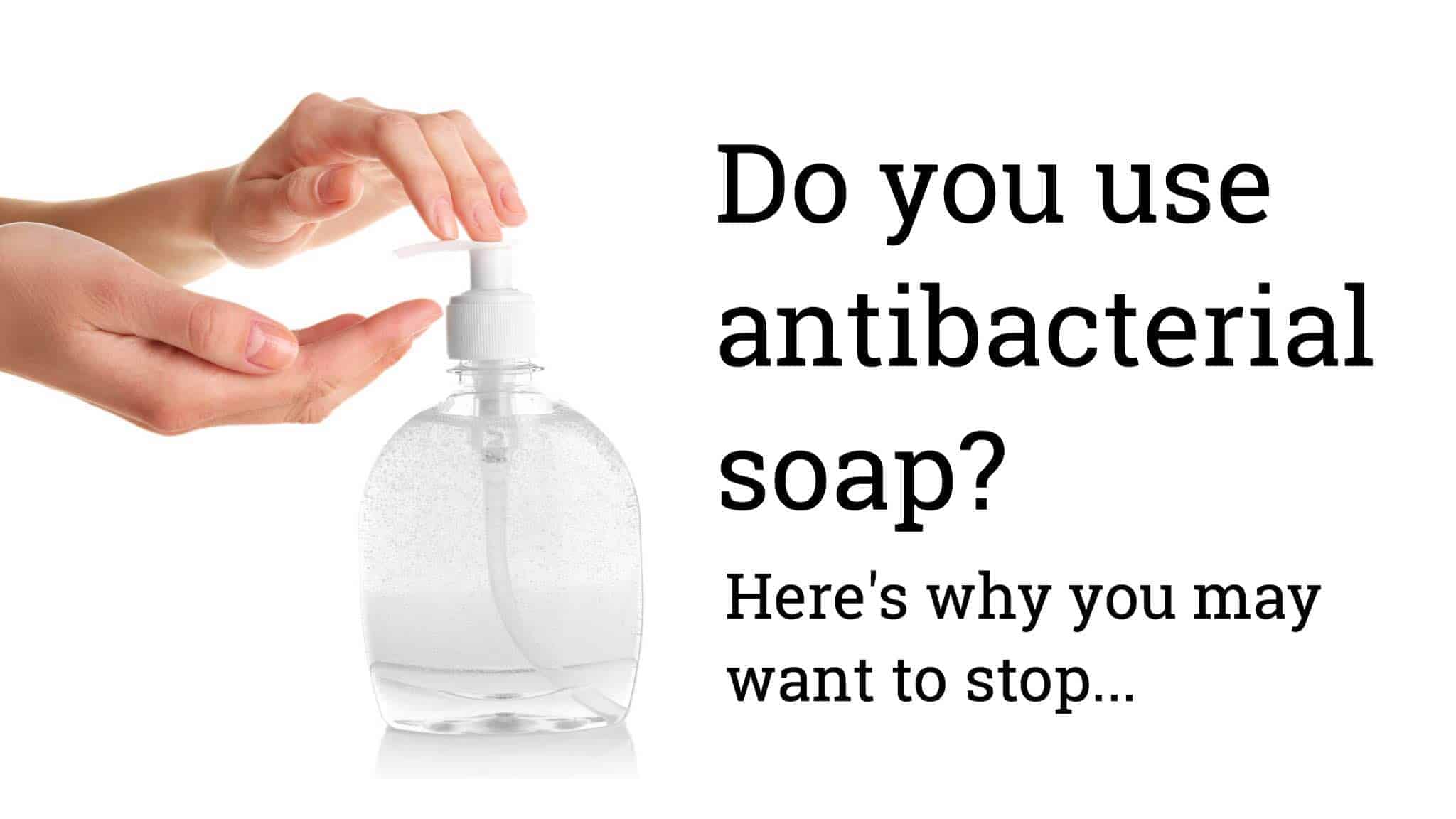What are your thoughts on the soaps? No, not like “Days of Our Lives” in the USA or “Coronation Street” on the other side of the pond – antibacterial soaps.
They may be the mainstay in bathrooms in Salem, Illinois or Weatherfield in Greater Manchester these days, but do they do what it says on the tin or are they not worth the drama?
According to the Food and Drug Administration (FDA) in the USA, soaps with antibacterial agents, such as triclosan and triclocarban, “do little or nothing to make soap work any better, while the industry has failed to prove they are safe”. Triclosan alone is utilised in more than nine out of ten liquid soaps, with over 2,000 different products said to contain the chemical agent in the USA, say the FDA, with many more throughout the world.
The FDA has stated that there is no scientific evidence to suggest that antibacterial soaps kill germs more effectively normal soaps, despite the industry’s claims. The governing body even goes as far as to say that these agents can do more harm than good. Understandably, this has led to manufacturers pulling hand soap and body wash products containing triclosan and triclocarban from supermarket shelves (toothpastes will continue to use them, especially triclosan).
Why You May Want to Stop Using Antibacterial Soap Immediately
This has not as yet extended to other chemicals like benzalkonium chloride, benzethonium chloride, and chloroxylenol, but the FDA has given makers of antibacterial soap twelve months to show that these do kill germs effectively and are harmless to humans. These will still be available to the general public while data is gathered throughout the year. Also under the microscope will be hand sanitizers and products used in hospitals. The recommended hand sanitizer, according to the US Centers for Disease Control and Prevention, is alcohol-based with at least 60% alcohol content.
So what can happen if you continue to use these soaps over a prolonged period of time? Joseph Stromberg of The Smithsonian Magazine has the inside track:
1. Antibacterial soaps are no more effective than conventional soap and water (already mentioned here).
2. Antibacterial soaps have the potential to create antibiotic-resistant bacteria.
3. The soaps could act as endocrine disruptors.
4. The soaps might lead to other health problems, too.
5. Antibacterial soaps are bad for the environment.
Here’s more info on each of the points we made above:
1. See above.
2. These chemicals, especially triclosan, can mutate the bacteria, making them resistant to antibiotics. Heavy usage of such chemicals will kill most germs, but leave behind the mutated ones to reproduce and wreak havoc, making treatment a lot more difficult.
3. Triclosan also interrupts the regulation of the thyroid hormone of rats and frogs, which could mean the following problems for humans: infertility, artificially-advanced premature puberty, obesity, and cancer.
4. High exposure to triclosan can increase a child’s chances of developing allergies due to the lesser amount of bacteria that a child has to deal with, according to scientific speculation. Evidence has shown that the chemical agent can interfere with muscle contractions in human cells. It is also understood that it can penetrate the skin and enter the blood stream faster than originally thought.
5. Because of the vast quantities of triclosan used in soaps, the chemical can remain after treatment in sewage plants, thus disrupting algae’s need to photosysthise. There is also the risk of the chemical being stored within different food chains in seas and vessels of fresh water globally.
Related article: Here’s Why You Need To Stop Using Hand Sanitizer
We must use extreme caution with whatever we consume, and we must ask questions regarding the safety of products and not just take someone’s word for it. You have the right to buy chemical-free soap and not expose your body to any harmful chemicals. After all, there is no dress rehearsal for life. Lights, camera, action!

















